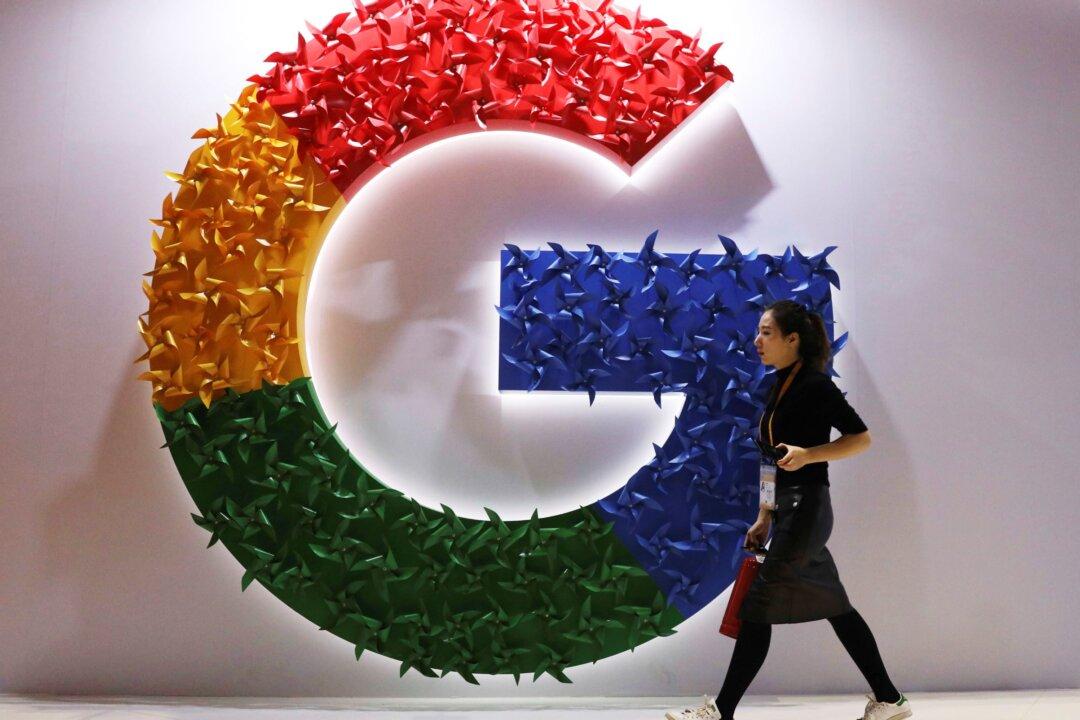Google has disabled its Google Translate service in China, removing one of the few services the U.S. tech giant had offered in the country, where the regime strictly controls the internet.
Chinese users trying to access the Google Translate app or website will see only a generic search bar and be redirected to Google’s Hong Kong page, which is not accessible from the mainland.





